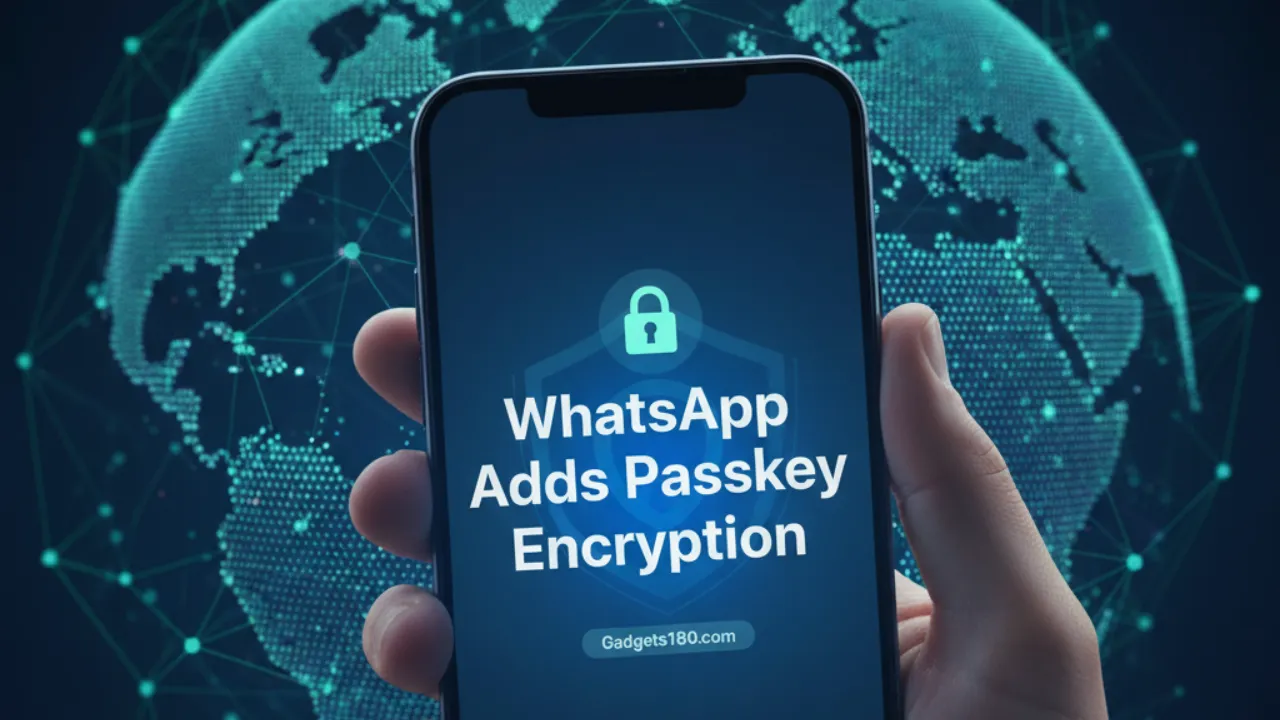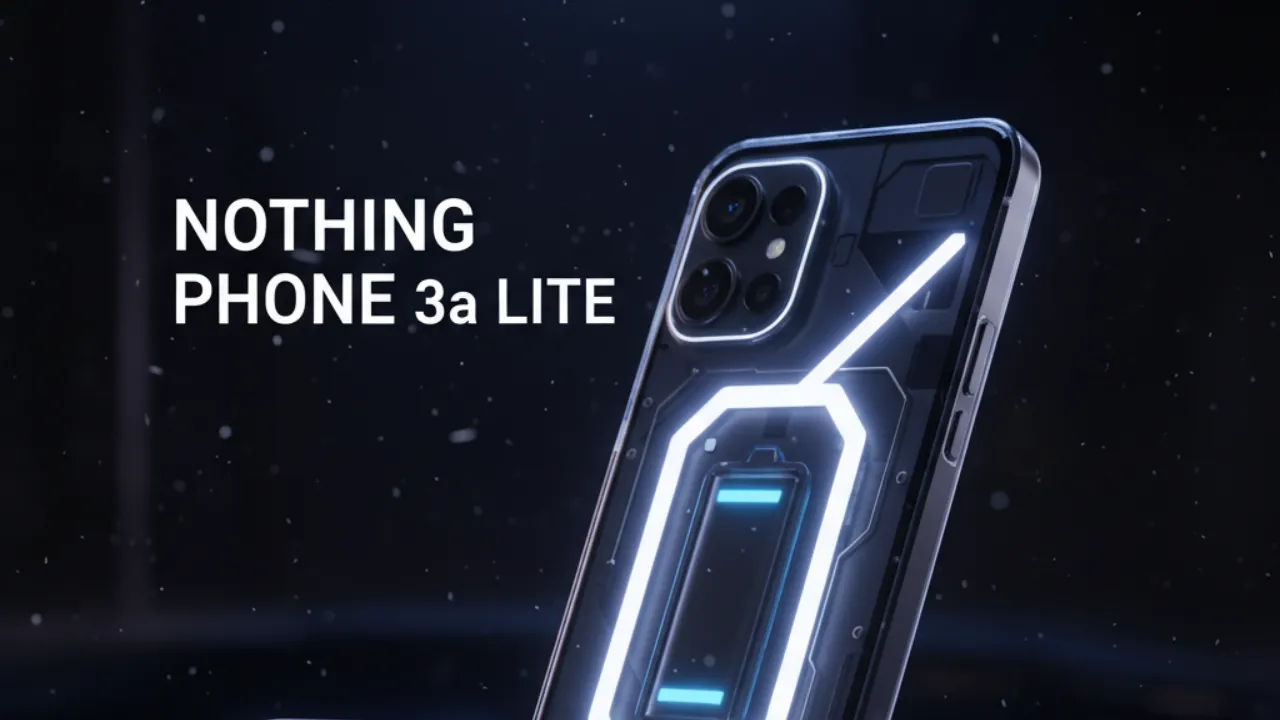WhatsApp Adds Passkey Encryption: WhatsApp has taken another big step toward protecting user privacy. The messaging platform has started rolling out a new passkey-based encryption system for chat backups, allowing users to secure their data using their phone’s built-in authentication methods — such as fingerprint, face recognition, or screen lock. The update began rolling out on Thursday and will reach users gradually over the next few weeks.

Simplifying Chat Backup Security
Until now, WhatsApp users who wanted to encrypt their chat backups on Google Drive or iCloud had to set up a password or manually store a complex 64-digit encryption key. This process, while secure, was often confusing and inconvenient for many users.
The new passkey encryption eliminates that hassle. Instead of remembering long passwords or managing encryption keys, users can now rely on the same security mechanism they already use to unlock their phones. A single tap or facial scan will now be enough to encrypt or restore backups — keeping them both safe and easily accessible.
Users can enable the feature by navigating to:
Settings > Chats > Chat backup > End-to-end encrypted backup.
Also read; Canva Unveils AI Model, Revamped Video Editor, and New Marketing Platform in Biggest Update Yet
What’s Different This Time
This update builds upon WhatsApp’s existing end-to-end encryption (E2EE) system, which already ensures that only the sender and recipient can read messages or listen to calls. Each message is protected by a unique digital key that even WhatsApp itself cannot access.
By integrating passkeys, WhatsApp is extending this protection to cloud backups — closing one of the few remaining gaps in its security framework. So, even if a device is lost, stolen, or replaced, users can safely restore their chat history without exposing their data to third parties.
AI-Level Security for Businesses Too
Messages sent to business accounts are also encrypted using the Signal encryption protocol, the same one used for personal chats. This means messages are fully secured before leaving the user’s device. However, once a business receives a message, how it’s handled depends on that company’s own privacy policies.
Also read; Vivo X300 Pro and X300 Launched Globally with Dimensity 9500 Chipset and 200MP Camera
Some businesses might allow staff members or external partners to access chats, or even use the data for marketing and advertising on Meta’s platforms. WhatsApp highlights this to maintain transparency about how message data might be processed beyond its own systems.
Why It Matters
The move to passkey encryption marks another milestone in WhatsApp’s ongoing effort to make advanced security easier for users. Many people either skipped encrypting their backups or lost access due to forgotten passwords — leaving their chat history vulnerable. Now, the process is streamlined and automatic.
WhatsApp says this change will allow users to protect years of messages, photos, and voice notes with minimal effort. It also ensures that sensitive data — like private conversations or shared media — stays safe from prying eyes, even in the event of account breaches or device theft.
Gradual Rollout
The feature is being rolled out in stages, so it may take a few weeks before it appears for all users worldwide. Once available, users will receive a prompt within the app encouraging them to set up passkey encryption for their backups.
In short, WhatsApp’s latest update is about balancing security and simplicity. By tying backup encryption to your device’s authentication system, the platform ensures stronger protection without adding extra steps — making it easier than ever to keep your conversations private.






